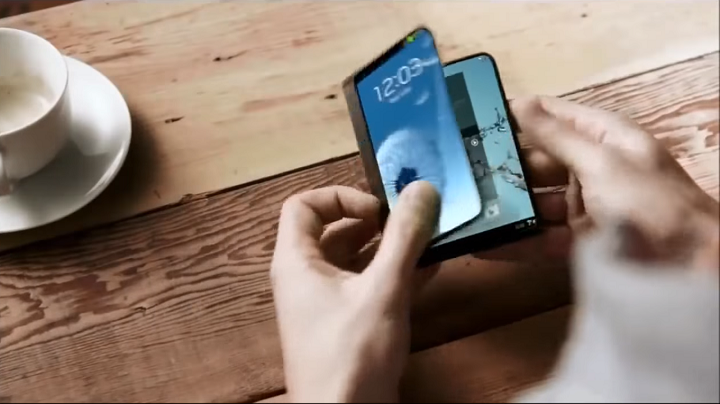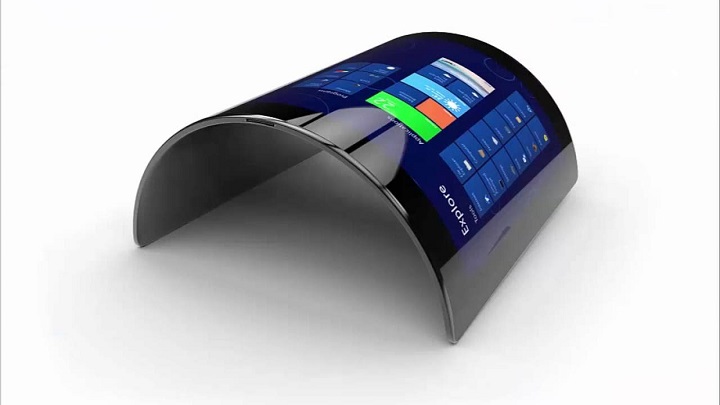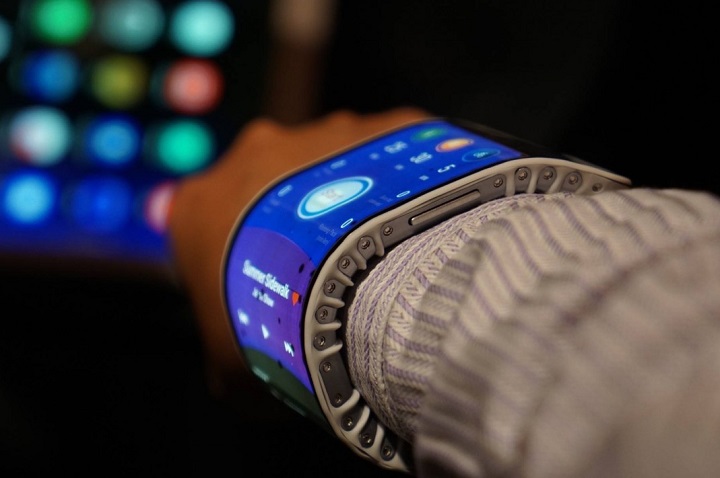Simpler is Better: Why Foldable Phones May Not be The Future After All
If there’s one thing that fascinates the imagination of many Samsung fans right now it is the prospect that, maybe, Samsung will create and present a foldable smartphone. And this isn’t just your usual clam-shaped electronic device: what the fans are expecting is a device twice as wide as today’s smartphones that can be folded into the size of normal smartphones. So it’s basically a smartphone the size of a tablet. ZTE has released a device that can already be considered as the precursor of foldable smartphones: the Axom M. It is a double-screen smartphone reminiscent of a Nintendo DS/3DS and could function as a tablet and a phone. The best part is that, of course, it can fold, with the screen outward so you can use it like an ordinary smartphone.
Of course, this isn’t enough for the smartphone fanboys, and they dream that Samsung would create a better version: one that has better hardware with a seamless screen when in tablet mode. And a lot of people are excited over the idea that they would create videos showing what it could look like. This is fueled by the fact that DJ Koh, chief of Samsung, once said that he hoped to launch a phone like that. With the technology that LG and Samsung hold, especially Samsung’s bendable screens, the future where a foldable phone-tablet hybrid seems not too far away.
However, not everyone is optimistic about the idea.
What Smartphones Are
One of the things that people like about smartphones is their simplicity. This sentiment is echoed by OnePlus CEO Pete Lau, who stated in an interview with CNET that he doesn’t like the idea and he hopes that smartphones be kept as simple as possible. And why shouldn’t it be? Smartphones are the grandchild of the mobile phones of yesteryears; they serve the same purpose to be able to easily communicate anywhere, at any time. Of course, the keyword here is “easily.”
But why? What could possibly be the reason people would want to keep smartphones simple. One of the many reasons stated is because of the technological barrier. Apart from the bendable screen, other aspects that need to be figured out were how to place the components and the battery so they move. But hasn’t this been solved by ZTE already? It isn’t that simple: the Axom is just two smartphones merged into one after all.
And then there also “preference.” The president of Huawei’s Honor unit, George Zhao, was also interviewed by CNET and he, too, showed negativity towards the gimmick. He said that phones like that would be heavier and thicker, which runs in the opposite direction of the current trend in smartphones, lighter and thinner. He also states that he really does not see folding phones as having enough value for the customer. Then there’s Gareth Hurn of BlackBerry, who said that such phones don’t fit with the “pillars of reliability and productivity.”
So They Just Don’t Like It?
Not exactly: when you manufacture these devices you usually put features that can be useful to your customers. In the case of smartphone manufacturers, they want their devices to be useful to everyone. If they manufactured the phone who will actually find the foldable feature appealing enough to buy it? How many will there be, and would the company be able to actually make a profit.
For that, they don’t know. You can take Apple’s iPhone X, for example, they have this FaceID function. It was a phone ahead of its time and yet reports are saying that the estimated sales for the device are lower than expected. Not many people saw that the phone’s functions were valuable enough to justify the price. Expect the same thing to happen to Samsung’s device.
The fanboys might complain but smartphone manufacturers aren’t really the types that manufacture devices for the minority. They always have to think about how the majority will accept and find their device appealing.


